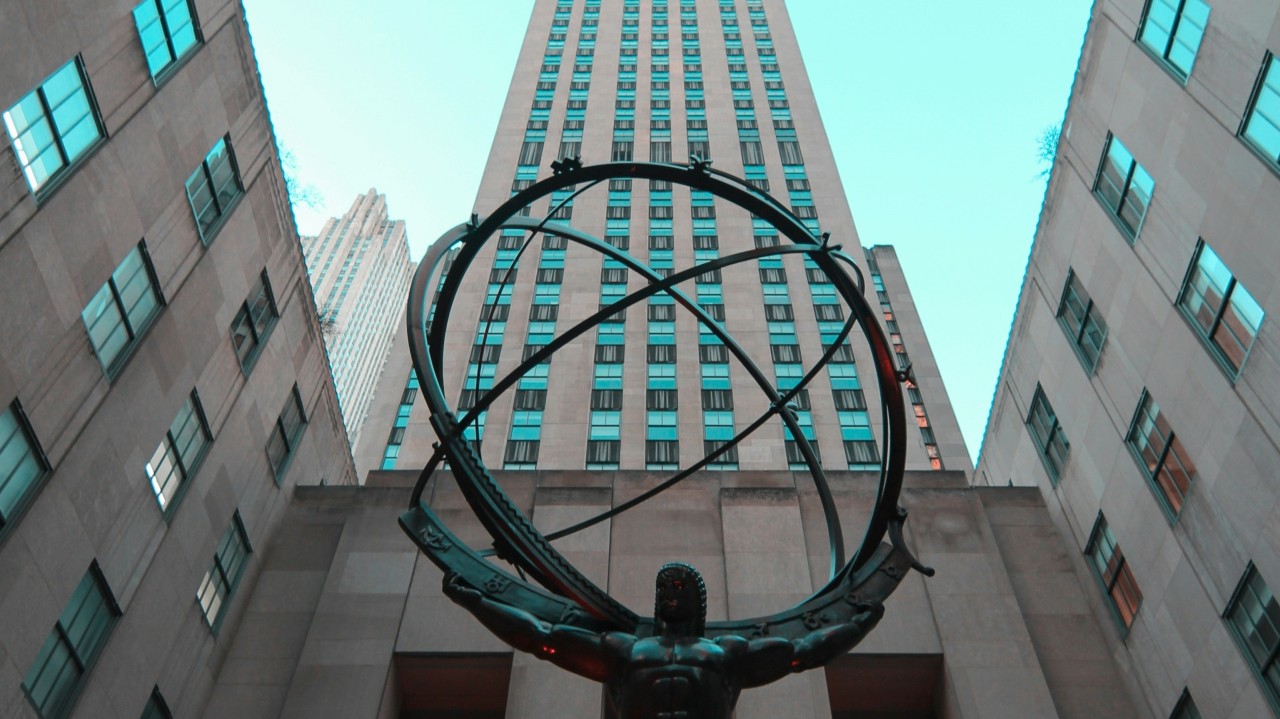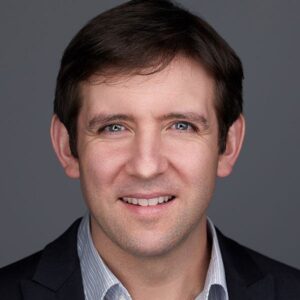Next week will showcase three different models of leadership, and three vastly different visions for what leaders can and should do with their power.
The United States will celebrate Martin Luther King Jr. Day, honoring Dr. King’s pursuit of justice, equality and the eradication of poverty through non-violent resistance. Donald Trump will be inaugurated as the 47th President of the United States in pursuit of US dominance in the world and promised “retribution” on behalf of his supporters. And the World Economic Forum will take place in Davos, Switzerland, where the world’s wealthy and powerful will gather for panels, meetings and parties with a stated purpose of improving the world.
It is an odd juxtaposition, but contrasts are useful and often revealing.
We can expect business leaders will be attending parties in Washington DC and Davos next week, advancing their commercial interests. They are much less likely to risk the political backlash of appearing “woke” by re-upping commitments to fight poverty and racism at Ebenezer Baptist Church in Atlanta.
Business is nothing if not pragmatic.
That said, we know from decades of observation and behind-closed-door dialogues that business leaders are not one-dimensional nor are they a monolith. For over 25 years, the Aspen Institute Business & Society Program has engaged business leaders at many of the largest companies in the US as they worked hard to be effective and principled. They have taken important stances on civil rights, public health, public safety and democracy. We’ve seen these leaders innovate under pressure, uncovering incredible commercial opportunities in combatting climate change, and finding business value in providing higher wages and better jobs.
But in recent months, it has been demoralizing to see examples of this type of leadership in retreat. Many high-profile business leaders in America have shifted to a more transactional and less principled model of leadership. As DealBook noted, “It’s a reminder that C.E.O.s are reading the room.” Or as David Urban, a longtime Trump adviser who’s hosting a pre-inauguration event, summed up the shift, “This is the world order, and if we’re going to succeed, we need to get with the world order.”
Against this backdrop, we look with keen interest to next week and beyond. As leaders celebrate Dr. King’s fight against poverty, racism and militarism in a political moment that rewards threats of vengeance, hostility against outsiders and promises of dominance, how will they navigate this tension—or will they notice it all?
Our annual commemoration of Dr. King’s exceptional leadership is an opportunity to recommit to our best aspirations and measure our progress. Are we moving closer to or farther away from his standard?
Whether they are in Davos, Washington DC, Atlanta or elsewhere this coming week, I hope leaders will take time to reflect on one important question:
In the challenging times ahead, how will you lead, and what will you do with your power?
This blog post was originally published on LinkedIn. Follow Miguel Padró for more insights on business and society.


